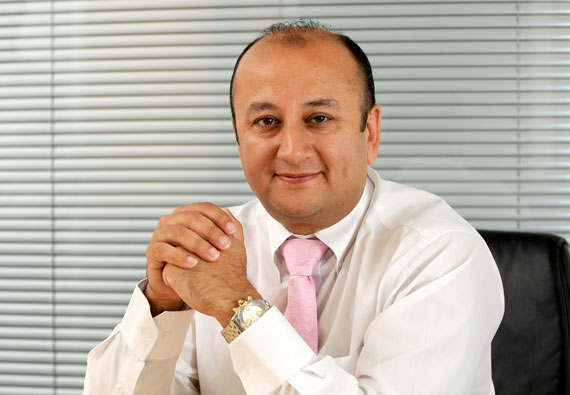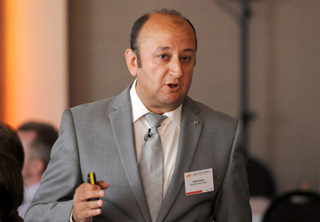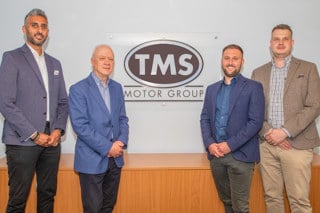Marshall Motor Holdings demonstrated the success of "strong management actions" in the first half of 2018 with a set of financial results which show profit before tax from continuing operations up 1.2% at £16.4m.
Although the AM100 group’s revenues and underlying profit before tax on total operations for the six-month period to June 30, 2018, showed declines of 2.1% (to £1.16bn) and 11.7% (to £16.4m) the sale of Marshall Leasing Limited and strategic site closures led to a growth in its continuing business.
Revenues for Marshall’s continuing operations over the period declined 0.4% (at £1.16bn) while underlying profit before tax generated a rise from H1 2017’s record £16.2m.
Marshall’s unaudited interim results for H1 showed a gross margin maintained at 11.5%.
Daksh Gupta, Marshall Motor Holdings’ chief executive, said: “The Board is pleased to announce further profit growth in our continuing retail business in the period against an ongoing background of a challenging UK new car market.
“This has been achieved by a combination of robust operating disciplines, strong management actions on cost control and the benefit of site closures in 2017.
“With our excellent portfolio, robust operating disciplines, strong balance sheet and the support of our brand partners, I am confident the Group remains very well positioned for the future. The Board’s current outlook for the full year remains unchanged”.
Marshall said in its operating review that the half-year result had been underpinned by robust trading disciplines, tight control of discretionary costs despite significant cost headwinds and the positive impact of the previously announced closure of six loss making sites.
It stated that the strategic disposal of Marshall Leasing Limited in November 2017 had enabled the business to focus exclusively on its retail businesses, which now consists of 101 franchised sites, representing 23 manufacturers across 26 counties.
The group also operates five trade parts specialists, three used car centres, five standalone body shops and one pre-delivery inspection (PDI) centre.
Marshall reported like-for-like new vehicle sales to retail customers down 5.9% (to 15,803) in H1 against a picture of like-for-like used unit sales down 0.3% (to 22,659) across the period. Fleet sales fell 14.5% to 9,396, meanwhile.
New car revenues were down 4.1% at £584.6m (2017: £611.2), with gross profit 18.6% down at £40.8 million (2017: £50.1m).
Used car revenues were up 3.6% at £474.6m (2017: £458.2), with gross profit 9.3% up at £34.1m million (2017: £31.2m). The improved profitability was attributed to further development of the group’s Phoenix 2 management information system to include wider external market data and a commitment to a 56-day used vehicle stocking policy supported a reduction in used and demonstrator inventory levels.
Like-for-like aftersales revenue was up 3.2% to £126.4m, despite an aftersales margin 37bp below the comparable period last year, at 46.1%. The group revealed that it now has 78,000 customers in live service plans.
Marshall closed five franchised dealerships and one used car centre in November 2017 and the group said that the financial performance in the period had benefited from these actions.
It added: “The Group operates a well balanced portfolio of volume, premium and alternative premium brands which at 30 June 2018 accounted for 24%, 50% and 26% respectively of the Group’s total franchises.
“The group’s diverse portfolio means it represents manufacturer brands accounting for over 80% of all new vehicle sales in the UK.
“The board continues to believe that this scale and diversified spread of representation helps protect the group from the effect of the cyclical nature of individual brand performance.”

















Login to comment
Comments
No comments have been made yet.